EP气相法白炭黑悬浮体系的流变性能研究毕业论文
2020-05-15 22:31:03
摘 要
环氧树脂是一种性能优异的热固性树脂,它在很多领域都有所应用。但环氧树脂,在固化之后,韧性很差。限制了环氧树脂在某些领域中的应用。如何在保持环氧树脂优异性能的同时,对环氧树脂进行增韧改性,是目前研究的热门。
本文是以原位聚合的方式对纳米二氧化硅进行改性并以改性二氧化硅改性环氧树脂。通过改变纳米二氧化硅表面接支环氧树脂的工艺条件,考察时间,催化剂含量以及二氧化硅环氧树脂配比对改性反应的影响,主要通过流变实验(频率扫描,应变扫描以及稳态剪切) 并辅以抽提、红外光谱以及热重分析等测量方法对样品的微观结构进行分析,得出较好的改性工艺条件。
根据抽提、红外、热重数据,我们发现环氧树脂和纳米二氧化硅会发生反应,形成(Si—O—C)的结构。此外我们发现反应时间越长,二氧化硅接枝率越高,反应时间为4小时,接枝率为0.658,根据流变实验,我们发现二氧化硅含量越多,改性程度越高,悬浮体系黏度越大,剪切稀化现象越明显。
关键字:环氧树脂;纳米二氧化硅;剪切稀化;接枝率
The studyof the rheological performance of EP/Fumed silica suspension
Abstract
Epoxy resin is important thermosetting resin with outstanding performance, applied in many
kind of fields. After solidified, epoxy resin has a poor flexibility. The bad property restrain the application of epoxy resin in some field. So how to tough modification epoxy resin, premising keeping the excellent performance of it , has been a hot research subject.
This text used original polymerization to modify nanometer silicon and modify epoxy resin with the modified silica. By changing the technological conditions of epoxy resin modified nano-silica reaction ,we investigated the modification reaction influences like time, catalyst content and silica ratio of epoxy resin. Then we mainly applied the rheological experiments(frequency sweep, strain sweep and steady-state viscosity), supplying extraction, IR spectra and thermogravimetric analysis measurement to analyze the microstructure of samples,and achieve better conditions for modification conditions.
According to extraction, IR spectra and thermogravimetric analysis. We found the reaction between epoxy resin and nano—silica and formed the structure of (Si—O—C). furthermore, with the longer reaction time, the grafting ratio can be better. When the reaction time is 4h, the grafting ratio is 0.658. According to the Rheological measurements, we study the more content and modification of silica, the more viscosity of the suspension system and shear thinning phenomenon.
Keyword:Epoxy resin;Nano—silica;shear thinning:grafting ratio
目录
第一章 绪论 1
1.1环氧树脂的应用 1
1.2环氧树脂的结构与性能 1
1.3环氧树脂的反应活性 2
1.4纳米粒子 2
1.5纳米粒子的分散方法 3
1.6气相法白炭黑 4
1.7气相法白炭黑在环氧树脂基体中的作用机理 4
1.8课题的意义 5
第二章 实验原料、仪器及方法 6
2.1主要仪器设备 6
2.2实验原料及药品 6
2.3实验工艺流程 7
2.4实验配方 7
2.5改性实验 8
2.6改性二氧化硅的提取 8
2.7流变性能测试 9
2.8流变样品制备 10
2.9红外光谱 10
3.1热重分析 10
第三章 结果与讨论 11
3.1环氧树脂改性纳米二氧化硅结构初步分析 11
3.2抽提数据 12
3.3红外分析 13
3.4热重分析 14
3.5流变实验分析 15
3.5.1稳态剪切 15
3.5.2应变扫描 18
3.5.3频率扫描 20
第四章 主要结论及后续工作展望 22
4.1主要结论 22
4.2后续工作及展望 23
参考文献 24
第一章 绪论
1.1环氧树脂的应用
环氧树脂是一种不断发展、用途广泛的合成树脂,简称EP。它们的合成始于1930年,随后10年开始逐步工业化,许多新品种于1970年代开始逐渐问世。由于环氧树脂及其固化体系具有优秀的力学及防腐性能,可用于粘合剂、涂料、焊接,以及作为纤维复合材料的基体树脂等,因此,广泛应用于各种工业领域。
环氧树脂是线性有机高分子化合物,每个环氧分子中含有两个或两个以上环氧基团( )。除一部分环氧树脂外,其他环氧树脂的分子量都较低。环氧树脂可与多种类型的固化剂发生交联反应而形成具有不溶不融性质的三维网状聚合物。由于环氧树脂具有优异的粘接性能、力学性能、抗蚀性能、以及固化后较低的收缩率等特点,在各个工业领域都得到广泛应用。
)。除一部分环氧树脂外,其他环氧树脂的分子量都较低。环氧树脂可与多种类型的固化剂发生交联反应而形成具有不溶不融性质的三维网状聚合物。由于环氧树脂具有优异的粘接性能、力学性能、抗蚀性能、以及固化后较低的收缩率等特点,在各个工业领域都得到广泛应用。
1.2环氧树脂的结构与性能
环氧树脂每个分子中含有两个或两个以上的环氧基,由两个碳原子和一个氧原子形成的三元环称为环氧基。环氧基团具有高度的活性可与多种含有活性氢的物质(如胺、酞胺及酚等)发生化学交联反应。环氧树脂的品种很多,主要品种是双酚型,如双酚A型环氧树脂:

相关图片展示:
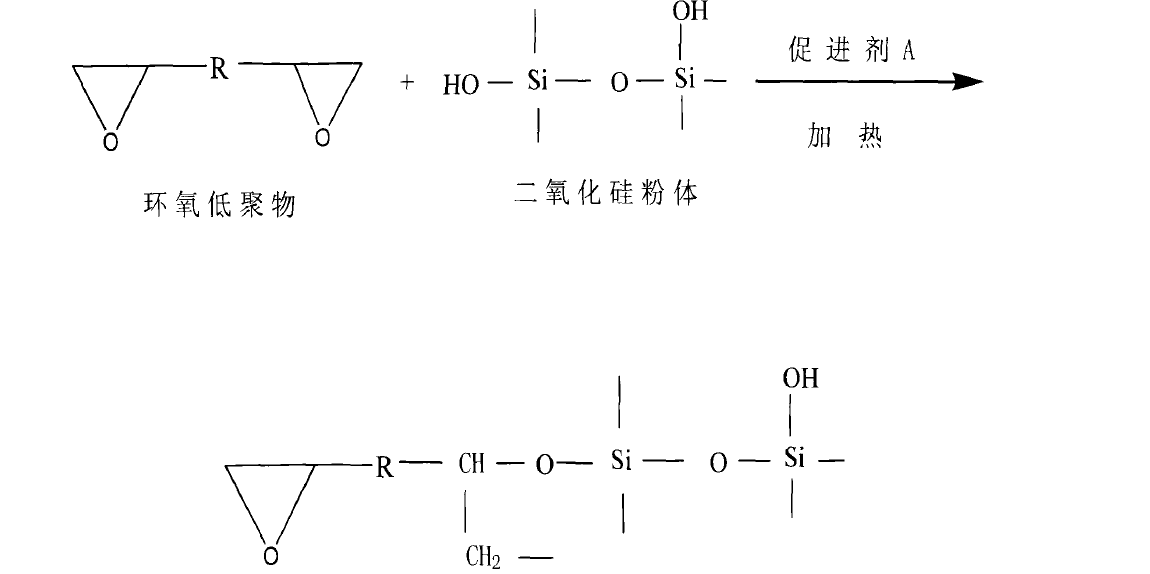
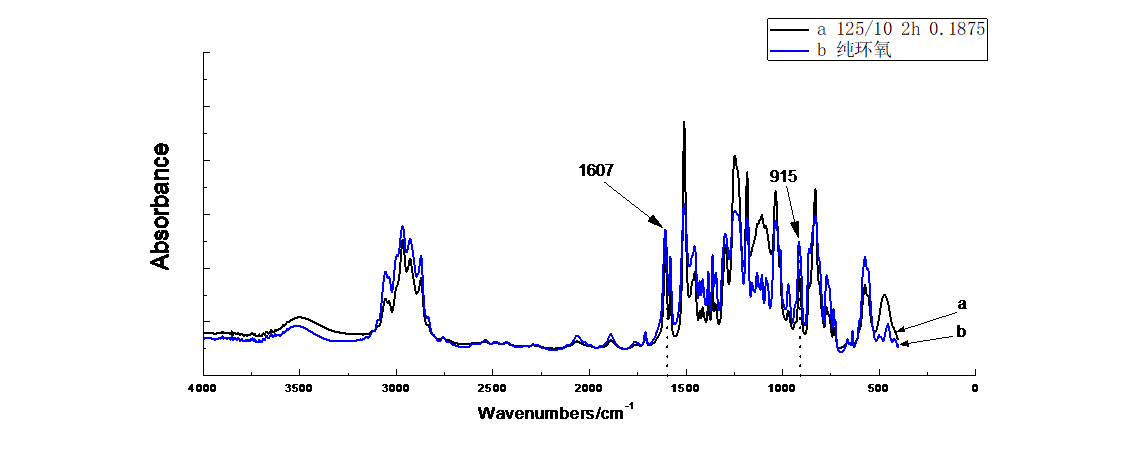
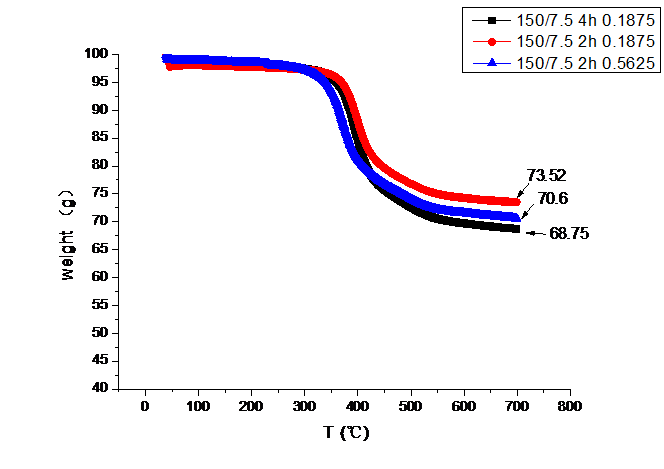
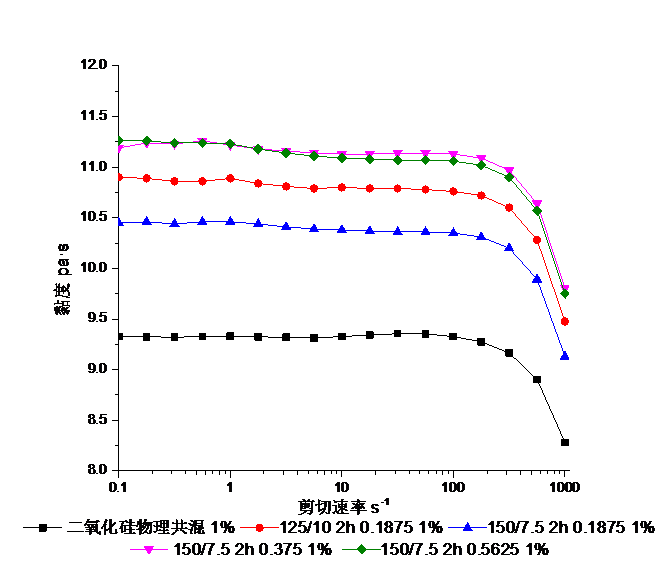
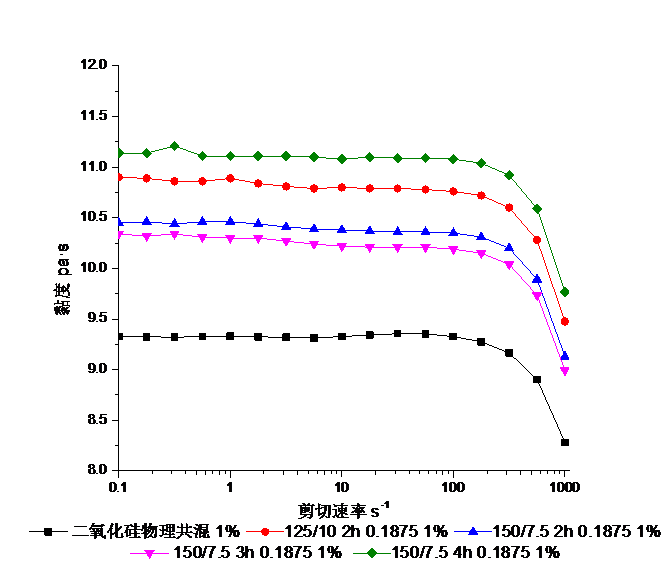
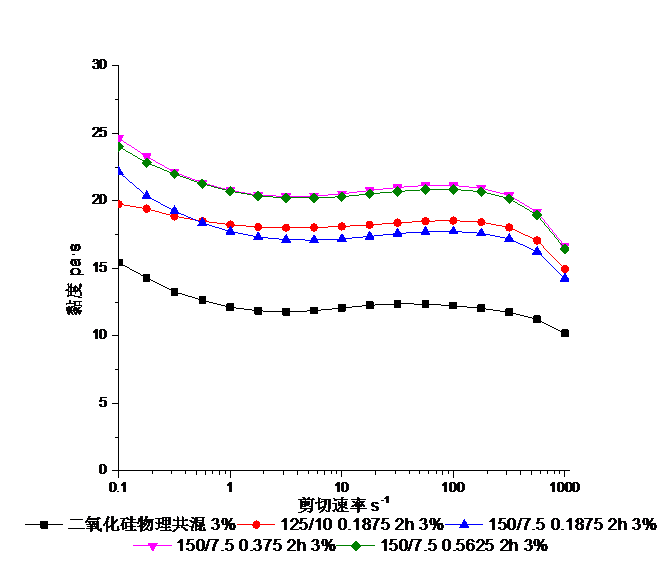
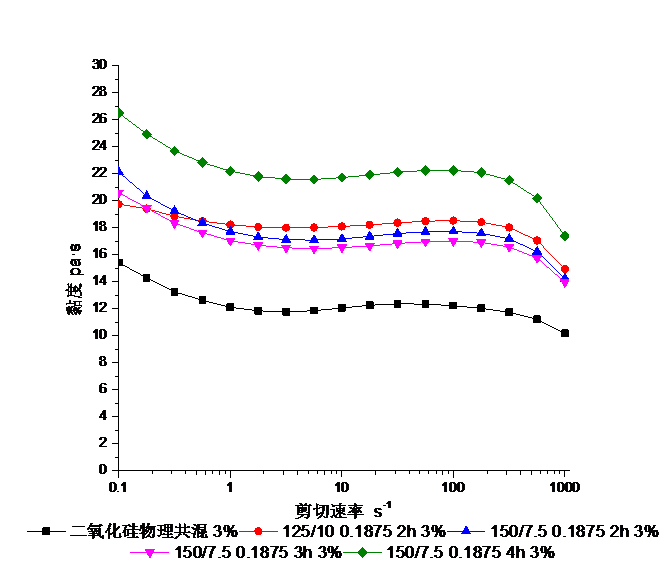
课题毕业论文、开题报告、任务书、外文翻译、程序设计、图纸设计等资料可联系客服协助查找。



